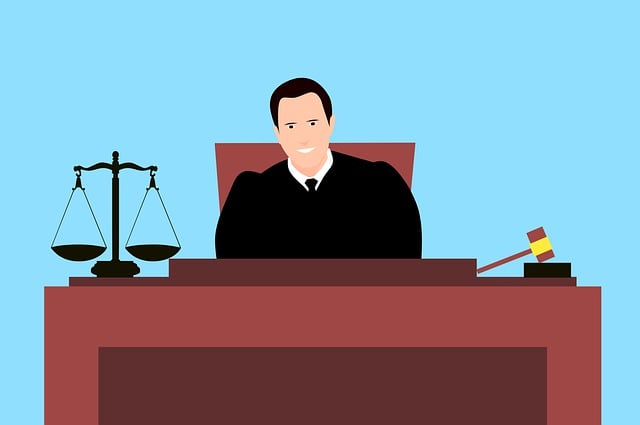A psychological injury lawyer conducts thorough assessments for mental health damages in personal injury cases involving trauma. They use clinical interviews, standardized tests, and medical records to evaluate symptoms, diagnose disorders, and assess impact on daily life and quality of life. This process quantifies non-physical pain and suffering, ensuring fair compensation for victims of emotional distress, with specialized attorneys navigating complexities to secure redress for physical and emotional suffering.
“Injury victims often face a complex journey towards recovery, and mental health damages play a significant role in personal injury cases. This article delves into the intricate process of how psychological injury lawyers calculate compensation for such harms. From understanding the assessment of mental health damages to exploring the factors they consider, we provide insights into this critical aspect.
Learn about the step-by-step calculation process, ensuring victims receive fair and adequate compensation for their psychological injuries.”
- Understanding Mental Health Damages Assessment
- Factors Considered by Psychological Injury Lawyers
- The Process of Calculating Compensation for Psychological Injuries
Understanding Mental Health Damages Assessment

Mental Health Damages Assessment plays a crucial role in personal injury cases, especially when clients suffer from psychological injuries. A psychological injury lawyer will meticulously evaluate the client’s mental health condition to determine the extent of their suffering and the associated financial compensation they deserve. This process involves comprehensive documentation and expert analysis.
Assessing mental health damages requires an understanding of various psychological assessments, including clinical interviews, standardized tests, and medical records review. The psychologist or psychiatrist assigned to the case will analyze symptoms, diagnose any mental health disorders, and assess their impact on the individual’s daily functioning and quality of life. In cases like truck accidents or wrongful death scenarios, where emotional distress is a significant factor, these assessments help quantify the non-physical pain and suffering experienced by victims, ensuring they receive fair compensation for their mental health damages.
Factors Considered by Psychological Injury Lawyers

When a psychological injury is sustained due to someone else’s negligence or intentional actions, a psychological injury lawyer plays a crucial role in calculating and securing compensation for the victim. These specialists consider several factors when assessing the damages incurred by their clients. Firstly, they evaluate the nature and severity of the psychological trauma, which can range from depression and anxiety to post-traumatic stress disorder (PTSD). This includes examining the duration and intensity of these conditions, as well as their impact on daily functioning and quality of life.
Additionally, a psychological injury lawyer will look at the circumstances surrounding the incident, such as the presence of any pre-existing mental health conditions, the level of care provided by medical professionals following the event, and the overall recovery process. They may also consider lost wages due to incapacity to work, as well as additional costs related to treatment and therapy. These factors help in determining a fair injury settlement, ensuring that the victim receives adequate compensation for their physical and emotional suffering.
The Process of Calculating Compensation for Psychological Injuries

When a client seeks compensation for psychological injuries sustained due to negligence or an accident, such as a truck accident, the process begins with a thorough evaluation by a psychological injury lawyer. These legal professionals employ various methods and criteria to determine the extent of mental health damages. They often rely on standardized assessment tools and clinical interviews to gauge the client’s current psychological state, comparing it to their condition before the incident. This involves documenting the symptoms, their impact on daily life, and any long-term effects, which are crucial factors in calculating a fair injury settlement.
A personal injury law firm specialized in mental health cases will consider the severity and duration of psychological distress, as well as any associated medical treatments or therapies. The lawyer will also explore how these injuries affect the client’s ability to work, maintain relationships, and engage in everyday activities. This comprehensive approach ensures that the compensation reflects the true impact of the psychological injury, providing justice and support for those who have endured such trauma.
When determining compensation for mental health damages, psychological injury lawyers employ a meticulous process that considers various factors. By assessing the severity and impact of psychological injuries, these professionals ensure clients receive fair redress. Understanding this calculation method is crucial for those seeking justice, especially when navigating complex legal landscapes surrounding psychological injuries. Engaging with skilled legal counsel can help individuals recuperate and move forward after traumatic experiences.






